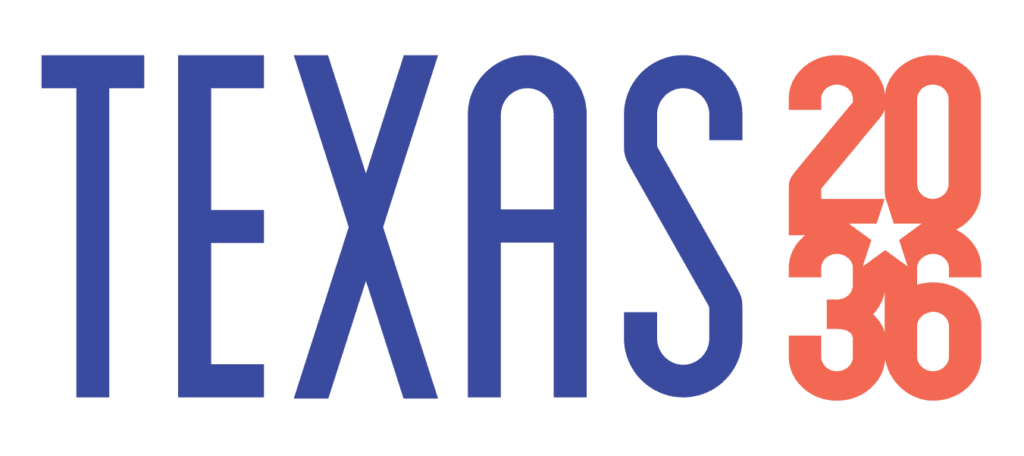The following testimony was provided to the Texas Senate Committee on Education on March 25, 2021
Statewide assessments remain among the state’s primary means of ensuring that students of all races, incomes, and zip codes have equitable access to a high-quality education. Additionally, they provide parents and families needed information about where their students stand academically. With House Bill 3096 (86-R), the Texas Legislature took action to dramatically improve state testing, including through the introduction of electronic formats and the integration of formative assessments. Senate Bill 1171 continues the progress toward a more dynamic testing system.
From state policymakers to educators in the classrooms to parents, assessments are a critical data tool for every decisionmaker in the education ecosystem. Reducing the turn-around time on results allows teachers to identify gaps in student learning sooner — potentially before summer break when those gaps could increase dramatically. In the Transition to Online Assessments Feasibility Study conducted by TEA, educators involved in the case studies noted in surveys that the expedited results would allow for quicker, more targeted interventions potentially reducing the number of students who are unsuccessful in their second testing attempts.
In addition to providing timelier data, electronic assessment provides the opportunity for individualized support that cannot be replicated with paper tests in a standardized way. The transition to electronic assessment also acknowledges the realities of today’s digital world. Students are using technology on a daily basis and must be prepared for the workforce.
As schools transition to electronic testing, they will need the resources to support the increased technology and connectivity needs. As you are aware, more than 3 million students lacked adequate technology to support digital education at the onset of the pandemic. This gap has since decreased thanks to swift action by state leadership through Operation Connectivity and investments of nearly $1 billion to purchase over 2.5 million devices for students and to upgrade existing network access and infrastructure. In some estimates, Texas is now a 1:1 state when it comes to devices per student and broadband access is now the focus of the digital divide impacting students.
In addition to supporting campuses in transitioning to online assessments, Senate Bill 1171 makes much-needed changes to the Technology Instructional Materials Allotment (TIMA). Expanding the allowable uses to include the services, equipment, and technology infrastructure necessary to ensure Internet connectivity and adequate bandwidth will allow districts to not only become ready for electronic testing but also preserve investments made in education technology.
Today, broadband access and the necessary digital skills are essential to participate in our modern-day society and economy. Texas 2036 believes that investments in broadband access and a digitally skilled workforce are necessities to ensure Texas is the best place to live and work by the state’s bicentennial and beyond. Senate Bill 1171 pushes Texas in the right direction for our future.
